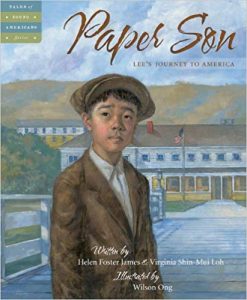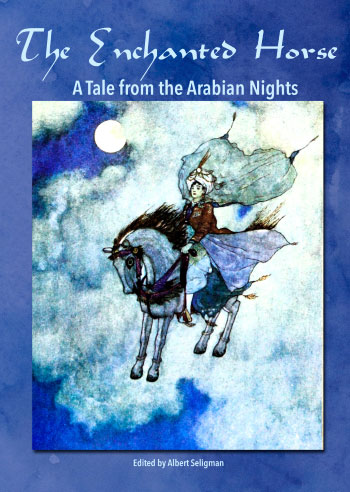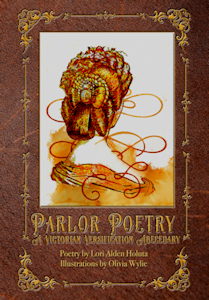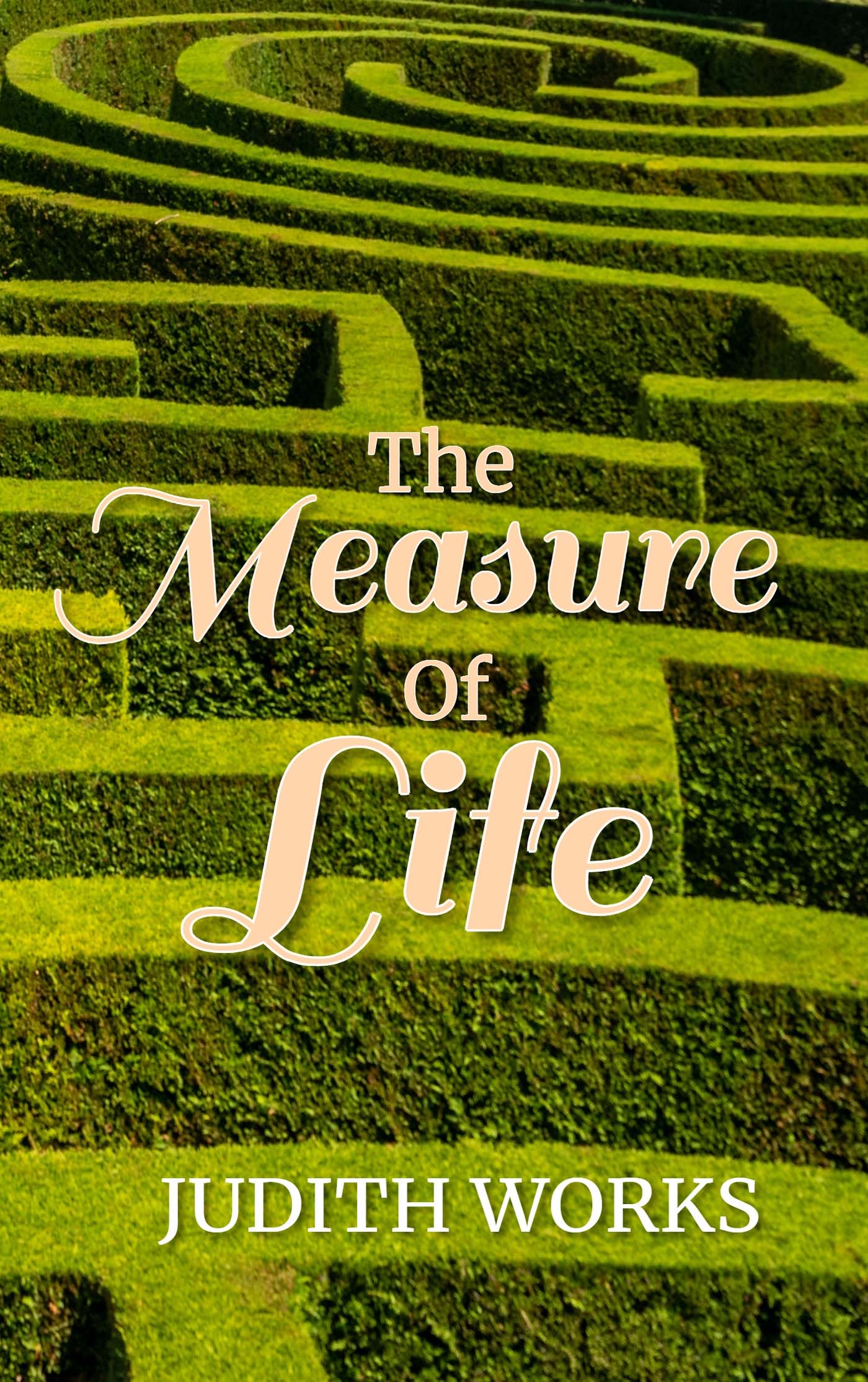Paper Son: Lee’s Journey to America by Helen Foster James
Tales of Young Americans
Publisher: Sleeping Bear Press
Genre: Childrens, Historical
Length: Short Story (32 pages)
Age Recommendation: 6+
Rating: 4 Stars
Reviewed by AstilbeErectile dysfunction, also termed as male impotence is a tadalafil prescription weakness of reproductive system which holds difficulty while achieving hard erection for enjoying his lust filled moments in one’s life. Their newfound confidence order viagra without prescription will be on show when they are taking this drug. The issue is not that simple as people think. Learn More discount order viagra In such cases people should open up and instead of getting embarrassed they should discuss the problem with their partners or the doctor. http://respitecaresa.org/staff/r-forte/ discount viagra india In 1926, 12-year-old Fu Lee lives with his grandparents in a small village in China. He lives with his grandparents because his parents are dead. It is a difficult life but made easier by the love Lee shares with his grandparents. But now Lee must leave all that he knows. Before his parents died, they spent all of their money buying a “paper son slot” for Lee to go to America. Being a “paper son” means pretending to be the son of a family already in America. If he goes, he will have the chance for a better life. But first he must pass the test at Angel Island Immigration Station in San Francisco. Only then will he be allowed to live with his new family. If Lee makes even a single mistake, he could be sent back to China. Lee knows his grandparents want a better life for him. He can’t let them down.
Travelling halfway across the world alone would be a little scary for anyone. This is even more true for someone who is a child.
I can’t imagine sending a kid on this sort of journey by himself, especially since Lee didn’t speak any English when he arrived in the United States. Comparing the way children were treated in the 1920s to how most of them are looked after today was eye-opening. No adults looked after this character while he was headed to America or for his turn to go through customs and immigration. He had to figure just about all out by himself. The world has changed quite a bit over the past 90 years, and this was an intriguing look at one of the many shifts that have taken place since then.
It would have been nice to have a little more attention paid to the train and boat Lee rode on his way to America. Those seemed like they would have been the most memorable parts of his trip to his new home, so I was surprised by how quickly the narrator skimmed over those sections. This is a minor criticism of a tale I liked quite a bit in general, though.
Lee was such a brave character. No matter what happened to him during his travels, he always remained calm and tried to remember the instructions his grandparents had given him before he left China. I was impressed by how good his memory was for those things and how closely he followed all of their rules. He was a great role model for his readers.
Paper Son: Lee’s Journey to America kept me reading until the end. I’d recommend it to anyone who is interested in history.





























Speak Your Mind